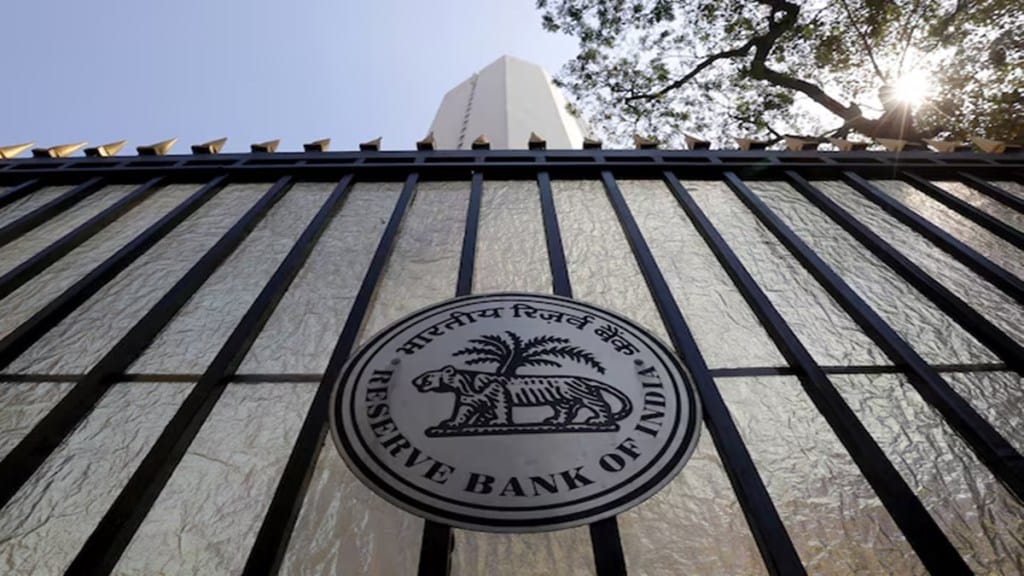The National Bank of Financing Infrastructure and Development (NaBFID) should strive for a strong credit rating which will help it to tap both domestic and global sources of funding in future, said M Rajeshwar Rao, deputy governor of the Reserve Bank of India (RBI), on Thursday.
“It should plan for self-sustainable operations, under a business model that is not reliant on continuous government support, or regulatory dispensations would need to be in place,” said Rao at the Infrastructure conclave held by NaBFID.
NaBFID is a development finance institution that was set up in 2021 to focus on infrastructure funding.
An underdeveloped financial system has made the infrastructure sector more reliant on banks and non-banking financial institutions. However, dwindling non-performing assets and resilient NBFCs have shown a positive shift in the sector, the deputy governor said.
He highlighted that high sunk costs coupled with long gestation periods tend to complicate the financing of infrastructure projects and lead to assets-liability mismatch.
In addition to this, the interdependence of infrastructure projects further complicates financing as it is often dependent upon the availability of complementary infrastructure, triggering cascading effects.
Therefore, there should be an integrated approach for infrastructure projects, and they should be treated as independent projects while being a part of a whole matrix.
NaBFID as a development financial institution has a vital role in developing the bond market and the provision of technical assistance or consultancy services for infra projects, Rao said. By providing partial credit enhancements through rating upgrades and first-loss default guarantees, NaBFID can give assurance to the custodians of long-term funds to lend to the infra sector.
Among other things, the deputy governor advised the lending institution to develop expertise and reputation in project appraisal and evaluation. Moreover, he has asked to set up a dedicated unit to monitor and evaluate the ongoing funded projects.
On the governance front, he said that NaBFID should focus on equipping itself with the necessary resources, skilled, and professional management. The institution should work on strengthening risk management and establishing a robust assurance system.
“A specialized institution like the National Bank for Financing Infrastructure and Development (NaBFID) with a specific mandate to support long-term infrastructure financing in India, can play a transformative role in bridging the funding gap to catalyze participation of the private sector,” said Rao.

